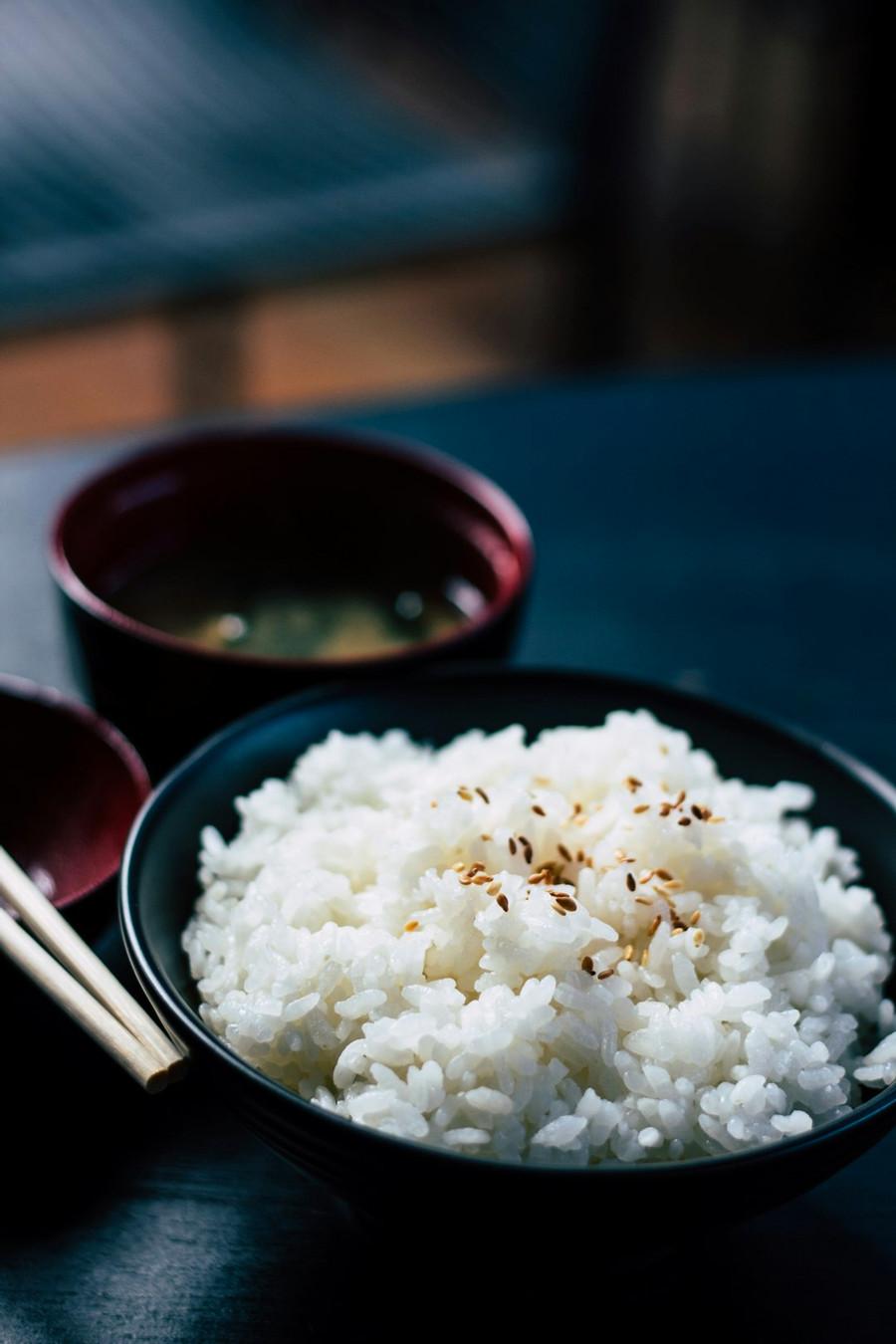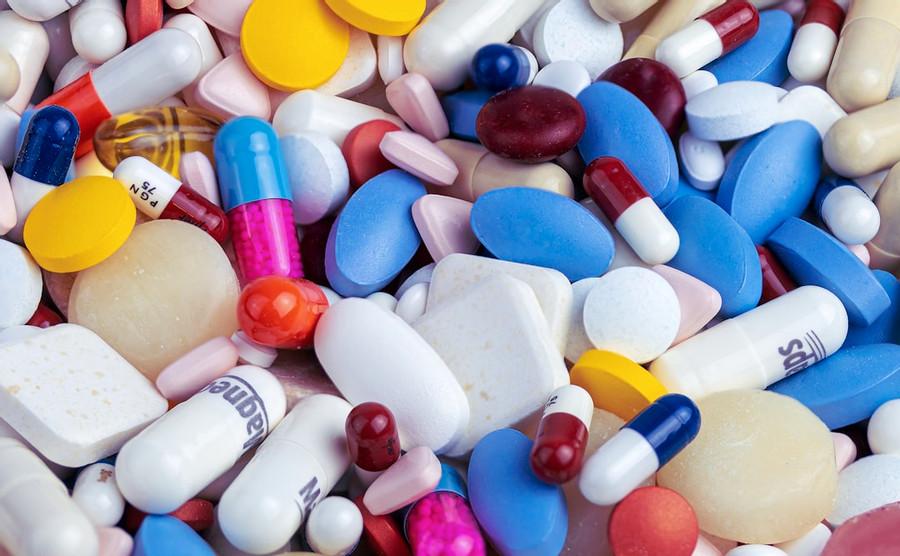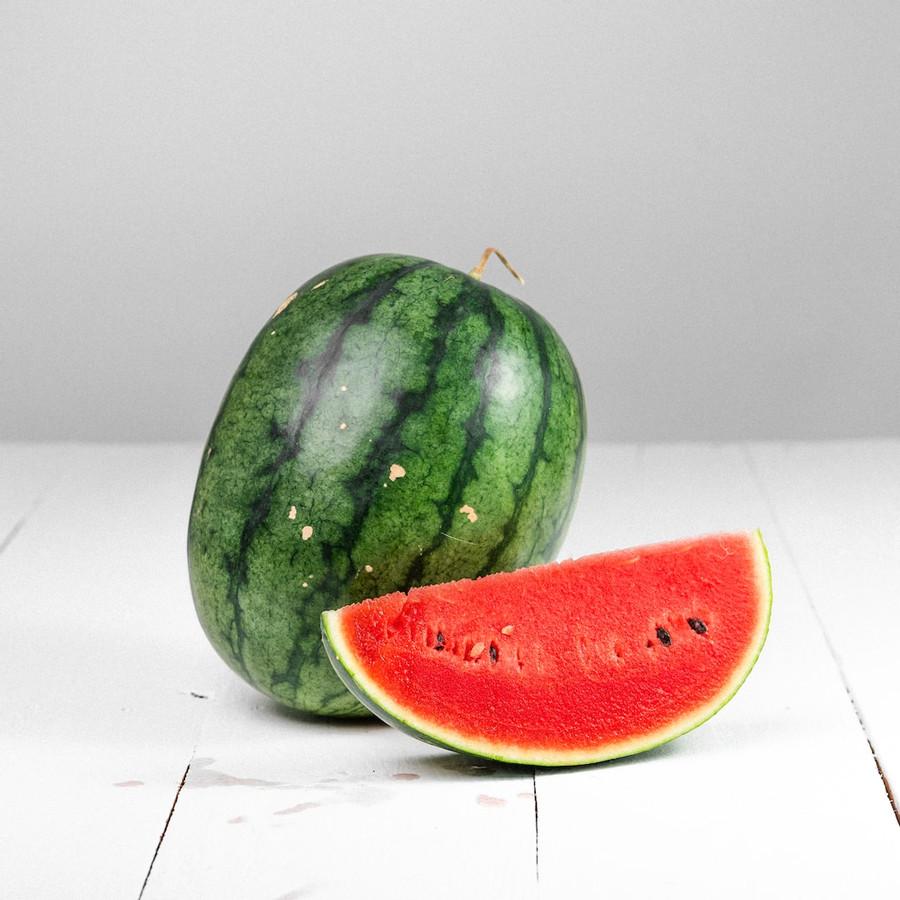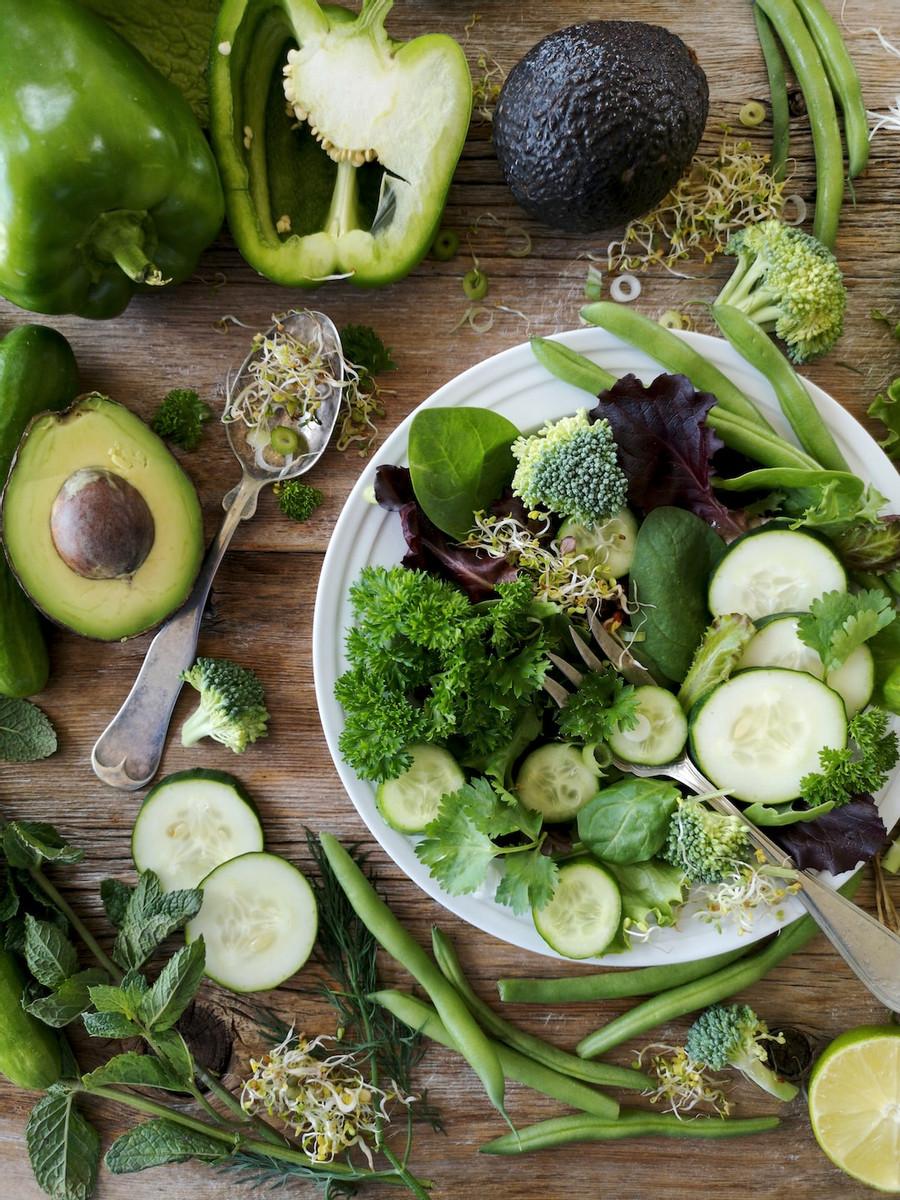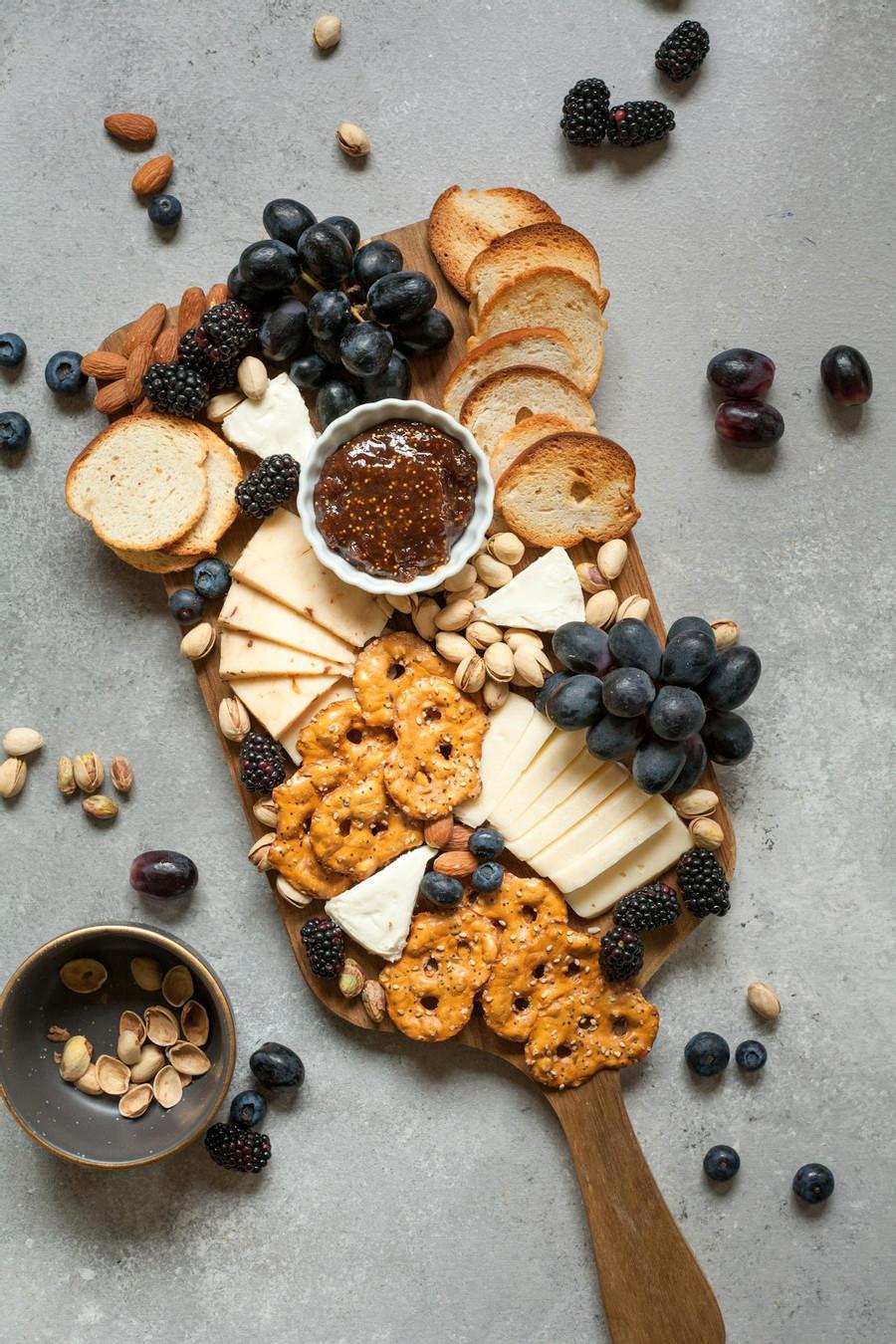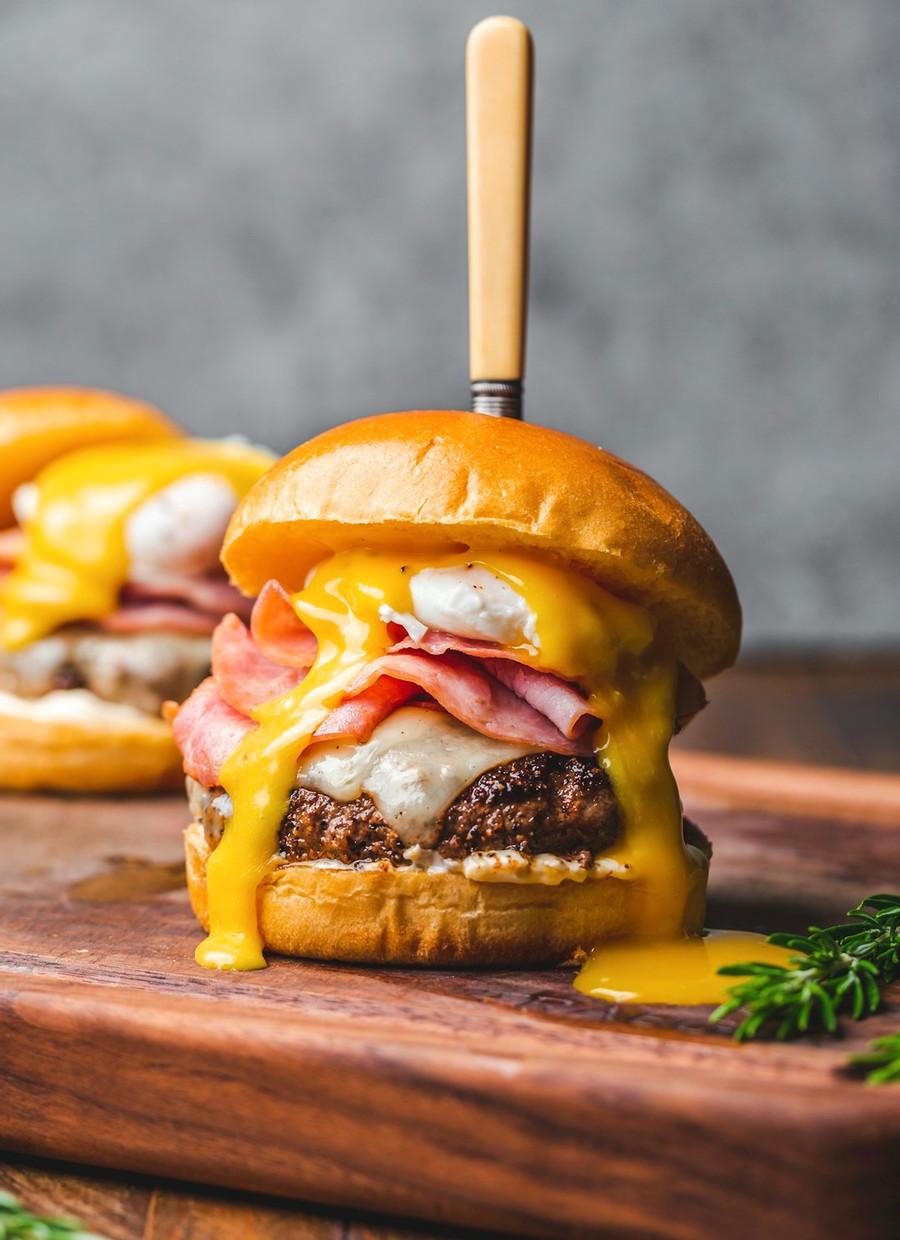Explore the World's Best Ideas
Join today and uncover 100+ curated journeys from 50+ topics. Unlock access to our mobile app with extensive features.
Food And Your Mood
Wherever you are in the world, food is used to influence affective states – whether it’s a soothing bowl of congee or chicken soup when you are unwell, or a piece of chocolate when you are feeling miserable.
The question is, how deep is food’s potential to affect how people feel? Can food improve your mood in a significant or lasting way – and, if so, how? Might we eventually be able to prescribe nutritional interventions to help people feel better?
41
400 reads
The Right Diet To Help With Depression
Emerging and accumulating evidence indicates that modifiable features of our lifestyles that influence our immune systems - including nutrition - are important factors in our vulnerability to, severity, and recovery from depression.
39
452 reads
Changing Your Eating Habits
- We tend to eat habitually, choosing foods and flavour profiles that are familiar.
- We need to approach changes to your eating with openness and patience
- It's best to try new foods when you are in a good mood and to approach them with a sense of curiosity.
- Prepare to form some new, manageable habits.
- The most important factor when it comes to building new eating habits is repetition.
- To make repetition achievable, your new behaviours should be small enough that they are manageable even at your most tired.
41
393 reads
Eat Real Food, Unpolished and Unprocessed
- A whole-food, plant-heavy, fibre-rich diet might reduce depression risk through its anti-inflammatory qualities, through its effects on gut microbes and via other pathways.
- Approach changes to your eating with openness and patience. Give healthy new additions to your diet a few chances if needed, and experiment with different ways of preparing the food. Prepare to form some new, manageable habits.
39
351 reads
Those Supplements Pills Don't Work As Thought
- In the context of an overall healthy diet, there are limits to the health benefits of supplementation.
- Therefore, it would be best to try to increase our consumption of plant foods, whole grains and oily fish.
- There might be a role for the targeted use of supplements to help protect brain health and support mood.
37
335 reads
Focus on Fibre, a Key Food for Gut Microbes
Supporting a healthy and diverse gut microbiome is likely to be beneficial to mood regulation. The primary food for the population of gut microbes is fibre, acquired by the consumption of a broad range of wholegrains and plant foods – nuts, seeds, herbs, spices, legumes, fruits and vegetables.
If we consume insufficient dietary fibre, the balance of microbes becomes perturbed and the protective mucus lining of the gut is depleted, leaving the gut cells vulnerable. In this condition, the junctions of the gut lining can slacken, permitting the transfer of gut bacteria into the bloodstream.
38
289 reads
Mix a Variety of Plant Foods Into Your Diet
Your gut microbiome benefits from a diverse range of plant foods. While there are 300,000 edible plants on the planet, we eat just a tiny fraction of these, around 200. Recent research suggests it would be good to aim for 30 different plant foods per week. This might sound daunting, but remember that fruits, vegetables, nuts, seeds, beans, wholegrains, herbs, and spices count as plant foods. And yet more than half of our calories come from just three plants: corn, rice and wheat. Clearly, there is some work to do.
42
253 reads
Eat Fermented Foods
There is an even faster way to increase the diversity of your gut inhabitants: fermented foods. Fermented products – foods and drinks that have undergone bacterial fermentation – have been a feature of traditional diets around the world for thousands of years. They include kimchi, kombucha, kvass, boza, togwa, kefir, cheese, yogurt and dozens more. Originating as ways to preserve the harvest and supply nourishment through long, cold winters, these foods are now understood to play a beneficial role in gut-microbial diversity and, by extension, our health.
43
255 reads
Beware Of The Burger And Coke Diet
A Western-style diet – high in added sugars, refined carbohydrates, processed meat, fried/fast foods and saturated fats – is associated with increased depression risk in adults and more inflammation and depression in adolescents. There is also evidence that a Western-style diet can impair memory function and appetite control within just a week.
Adolescents are prime consumers of sugar-sweetened soft drink, which is of concern in light of research showing that, within just three weeks, moderate consumption of these products increased inflammation in healthy males.
38
234 reads
Limit Your Alcohol Intake
Alcoholic beverages can, in excess, be detrimental to mood, and research indicates a relationship between excessive alcohol consumption and major depression. Try to stay within or below national recommendations for healthy consumption. If you struggle to control your alcohol intake, contact your GP to find out about support services in your area.
39
264 reads
IDEAS CURATED BY
CURATOR'S NOTE
Your mood and the food you eat are connected.
“
Sarah Moreno's ideas are part of this journey:
Learn more about mentalhealth with this collection
Effective communication
Persuasion techniques
Closing a sale
Related collections
Similar ideas
10 ideas
5 ideas
Five types of food to increase your psychological well-being
theconversation.com
16 ideas
11 Best Foods to Boost Your Brain and Memory
healthline.com
Read & Learn
20x Faster
without
deepstash
with
deepstash
with
deepstash
Personalized microlearning
—
100+ Learning Journeys
—
Access to 200,000+ ideas
—
Access to the mobile app
—
Unlimited idea saving
—
—
Unlimited history
—
—
Unlimited listening to ideas
—
—
Downloading & offline access
—
—
Supercharge your mind with one idea per day
Enter your email and spend 1 minute every day to learn something new.
I agree to receive email updates




